News
Interview: Jay Baruchel on Horror, Slashers and ‘Random Acts of Violence’
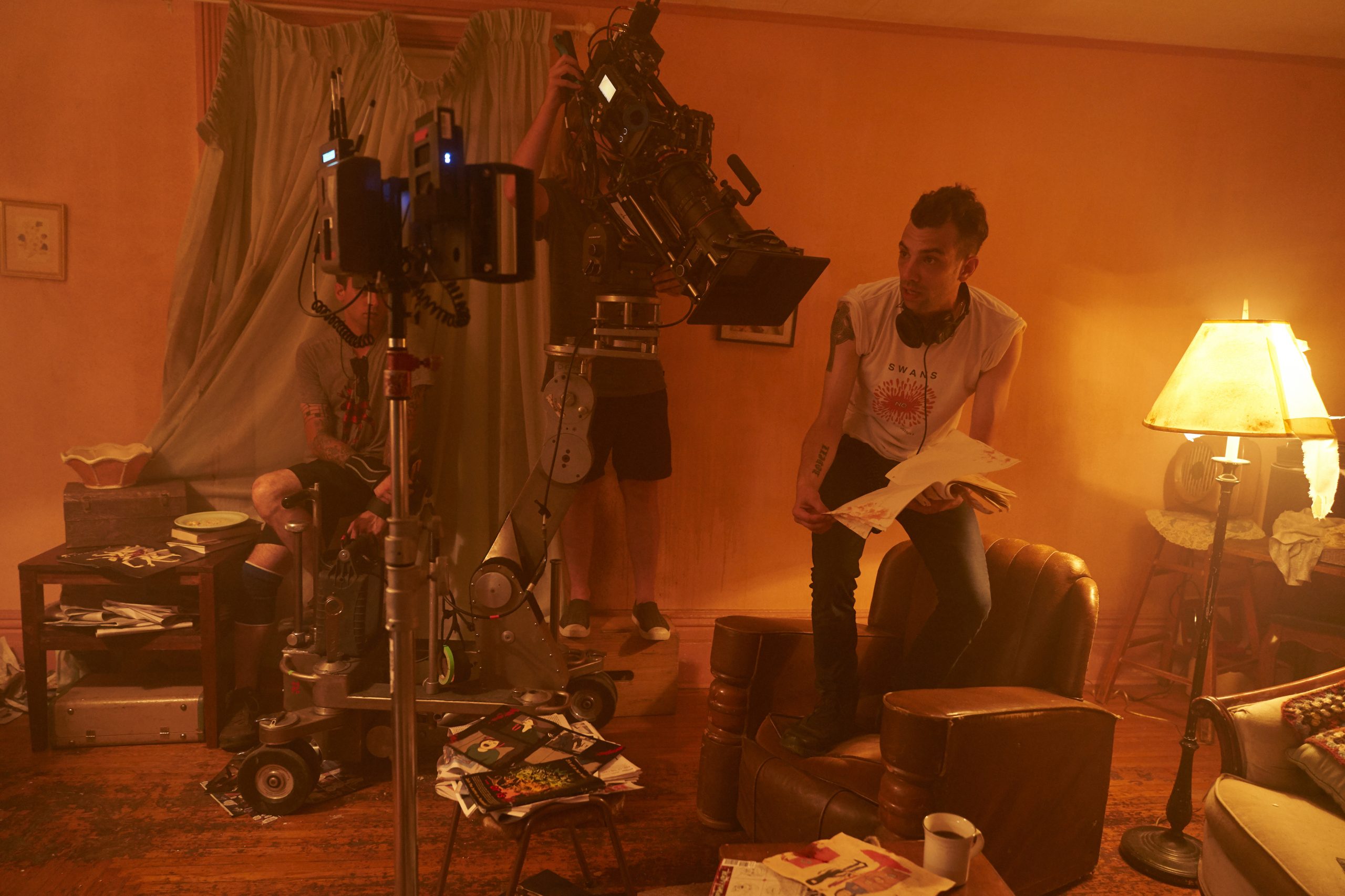
Kelly McNeely: So looping back to the horror genre sort of in general, I know that in the graphic novel, they mentioned that they’re trying to incorporate elements of 70s giallo cinema with the fascination with serial killers. I really like what you did with the character of Kathy, which is making sort of this Michelle McNamara type of character that’s really focused on the victims, and I thought that was such a fantastic concept. What drew you to make that change and what drew you to the project in general?
Jay Baruchel: Yeah, okay, cool. With Kathy — that’s so cool that you said Michelle McNamara, because my wife’s a massive fan of her book. But for me it was actually Ann Rule who for whatever reason does not get her love in true crime — like in in new hipster fucking true crime, no one’s got time for Rule — but she all but invented the fucking genre, and her book about the Green River killer is the hardest thing I’ve ever read. And truly difficult, because — and thank fuck that I read it as a 26 year old man — it hadn’t occurred to me before that I was reading this shit backwards. Or at the very least I was reading it irresponsibly, because her whole thing was for every 10 chapters about a victim, there is one chapter maybe about the killer, and every chapter is a biography that ends with this poor girl getting killed by this guy. And so you read all of these bios in this book that all get to the same fucking end. And it was this big epiphany for me as someone who was a true crime fan since I was a teenager.
And that fucking smashed into this other thing that Stephen King had pointed out when he used to do a column in Fangoria about how slasher movies typically are many things, but they’re not scary. And they’re kind of fucked up. He said, if you can name and sympathize more with Jason and you’re rooting for him to kill those kids, they’re not who the movie’s about. It’s about him. And then what is that experience as an audience member. And those two phenomena, they’re kind of similar.
I think they’re reacting to the deed that the man does as opposed to the thing that people suffered. And I didn’t like that in me, you know? And mercifully though, that realization came to me at a time during which Random Acts of Violence couldn’t get made, and thank fuck, because we wrote the first draft of the treatment like, eight, nine years ago. And a lot of this shit hadn’t occurred to us yet, and we — Jesse [Chabot] and I — weren’t grown up enough to realize some of this shit.
I’m not trying to say our movie is like, you know, Stalker or Solaris or something, but I’m saying we originally wrote a pretty on-the-nose, what you’d expect kinda slasher flick that played out the same. We treated gore the way you treat a fight scene in a Bond movie, and it was this goal of how crazy can we get, right? Which is such a facile way to get in there, because even if you don’t believe all the kind of bleeding heart shit — but we legitimately do — even if you don’t believe that stuff, outlandish gore is not scary. When a crazy arterial spray fucking decapitation happens to the point where you high five the person next to you, you’re feeling lots of shit, but fear isn’t one of the things you’re feeling.
And so we were like, no matter what, we want to make something truly scary, because if a horror movie fails at everything else, it should succeed at being scary. And what’s scarier than looking at yourself and being disappointed with this man you’re becoming? [laughs] You know, that’s real shit, man. But also we don’t want to be too didactic and tell anybody like “don’t watch fucking Jason Goes to Hell”, do whatever the fuck you want just be aware of what you’re putting in.
And also, in addition to that people should be — to what degree is up for debate — but people should be responsible for what they put out into the fucking world. Now, to what degree, that I’m interested in discussing and figuring out and probing and trying to understand, but to pretend that you have zero responsibility is horseshit, I think. And that’s something that a lot of lazy artists have hidden behind is “well no, fuck it, I can say whatever I want”. Well, yes, you can, but what is the sum total of this? What is the cumulative effect of growing up in a world? What are you adding to, what are you taking away from? What role are you perpetuating?
So us getting this tiny movie made — like any movie is a fucking miracle — it died three horrendous deaths before it eventually became a film. And at every time though, every horrendous death, we weren’t satisfied with the script as it was. We were like, well, this is a chance to make it better. We fuckin have nothing but time now, so we might as well keep making it good because how shitty would it be to finally get it made and it was a script that we wrote 10 years ago that we didn’t even fucking agree with anymore, and had acquired dust. So we just treated it like our thesis because we had no fucking choice. We weren’t just going to twiddle our thumbs. And so if the movie wasn’t in production, nobody was giving us money to make it, the least we could do is try to keep making it make sense. And so anyway, that’s how it ended up the way that it is.
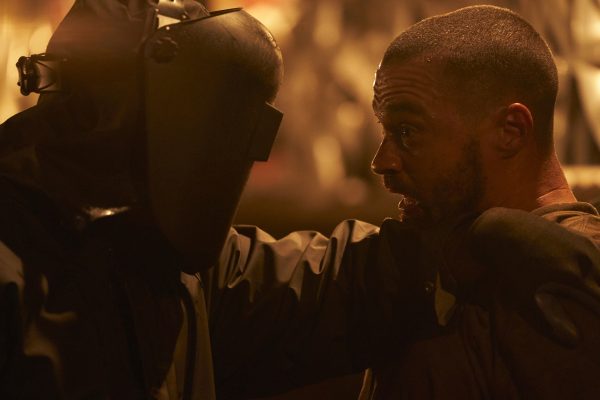
via Elevation Pictures
Kelly McNeely: The villain that you have, he’s seen so briefly but he leaves such a strong impression; that actor is fantastic in that role. How do you cast a killer?
Jay Baruchel: Yeah, with great difficulty. We cast him three days before we started shooting, which was like, really stressful, because I had all these amazing elements, but something that is significant in a horror film, especially this kind of horror film, is the killer. And we had two different offers out to two different folks that were like, sure things, who at the 11th hour, bailed. We had that process happen twice.
And all of a sudden, we’re now five prep days away from going to picture and we’re like, okay, we have to start planning for a situation in which we don’t have our killer on the first day of shooting. Okay, well, that’s all right. He’s in a mask, so we can hire a stunt double and get the stunt double in there, because we don’t see his face for the first few times. So, great, we’re gonna hire a stunt double and then and then hire an actor to match the stunt double? Well that’s kind of ass backwards, right? We were just kind of fucked.
And then on the Wednesday or the Thursday of that week, I said to my stunt coordinator Blair [Johannes], I said of all your guys, the guys you go to, who’s the best with dialogue? Who’s the best actor? And if you can tell me those guys, can you ask them if they’re willing to read? Because it’s largely a stunt role anyway, so whoever we cast, it’s going to be the double working more than the actor anyway.
So I’ve looked at every actor in the fucking city, you know, who do you like? And he’s like, okay, I’ve got three guys, one of them is injured so he can’t do it. The other guy, it’s too much for him, there’s too much dialogue, it’s outside his comfort zone. So fair enough, I respect him saying that. And what was nice was Simon Northwood put himself on tape.
And I swear to God, it was the best audition… period. And I’ve gone through two or three rounds of auditions in Toronto, which were national as well, so we’re also seeing Montreal, Vancouver, I was seeing everything. But, two rounds. And on the Thursday night before we start prep, I watch this audition tape. And by the way, if he wasn’t awesome, I was prepared to go that first week without. I would have bought time, we would have moved shit around, right? But he fucking killed it.
Every once in a while, you are aware of destiny. You are aware, you see things; you’re like, oh this is why those two guys that I thought were going to do it didn’t, and this is why nobody — in my opinion — killed it the way they should have killed it. This is why I couldn’t find anybody. This is why those other two stunt performers weren’t available, because it had to be Simon. And now all of a sudden, I don’t have to find a stunt double, now all of a sudden every kill scene gets that much safer because he’s involved in them, and he’s going to make sure my actors are protected. So he’s double shifting in every scene. He’s doing his thing as the killer, but he’s also on the ground to make sure everyone’s okay, which he did constantly.
He was a godsend and you know, one of the things I’m most proud of with this movie is that it makes it seem like I discovered Simon Northwood, because I think like, that’s as good a performance as I’ve seen in any movie in a fucking very long time. He destroys! And this is a guy who, for whatever combination of reasons, has never gotten to say more than “Freeze!” or “Right this way, ma’am” in a movie. He was excited to have something to do, and fuck, he ends up finding shit that I couldn’t have conceived of, which is always the dream when you hire someone.
Kelly McNeely: You switched things, a bit, from the graphic novel to having the characters start up in Canada. But I think the slasher is a very American concept, right. And so having that road trip idea of moving it over into the States, I feel like that really worked well. I wanted to talk a little bit about slashers as an American concept, and how do you build a slasher film?
Jay Baruchel: You’re right, it is a very American art form. And I think it’s like every American art form that is successful. It scratches you in a way. It’s like, a whopper from Burger King does things. I love it. It hits a spot — I know it’s greasy, and I know it’s dirty, and I know it’s chemical, I know it’s a chain, I know all these different reasons why I shouldn’t eat it — but God damn it does something that nothing else does [laughs], it hits a fucking spot, man.
And so I would argue that that genre does the same fucking thing, and for a lot of the same kind of reasons. For me, I think it starts with, you’ve got to give a shit about the people that are gonna get chased, number one, otherwise it’s not a horror movie. Then I’m watching this guy go around and kill people I don’t give a shit about, and that’s something to itself, but it’s not a horror movie to me. So I want to give a shit about them, I want every bad thing that happens to the people that are getting chased to land, I want it to personally affect me as much as humanly possible. I want it to break my heart. And I want to feel that rarest of sensations which is legitimate anxiety from a movie.
It’s so rare for me to get uncomfortable in a flick to the point of like “fuckfuckfuckfuckfuck”, I want nothing more than to feel like there’s someone at my door. I want to be scared to turn around, away from the screen, because I feel like someone’s behind me. And that almost never happens. So I just wanted to scare people. I wanted to make something scary. I think ultimately the answer is — maybe this is a super cheesy answer — but I think the answer is the same as the answer to how do you make something funny? Or how do you write a good song, I think, which is just like, truthfulness, man.
You can accuse our film of different things, but I don’t think you could call it horseshit, I think it’s a pretty honest and earnest film and we approached everything that way. And that includes the violence, that includes our killer/monster, that includes our protagonists. I believe deeply in the genre of horror films. And I don’t think something’s merit is dependent on whether it fulfills or provides a job or something.
Some people will say, why are horror movies successful? There’s plenty of interviews with Wes Craven, opining about how we need to expel or nightmares or whatever the fuck. It’s always that shit, which is true, that’s fine, but like, even if it didn’t fulfill that, I’d still think they’re important because there’s a huge part of us that is scared and scary. In every single one of us. We are scared and we are scary, and we’re scared of ourselves and we know what’s scary about us. We’re also scared of other people, we know what’s scary about them, fear is as defining an element in the human condition as contentment and pain.
I think you just like, go harsh, go real, and give a shit about the people that it’s happening to. And ideally, have the audience in something of an uncomfortable position with the bad guy. I think you should — sympathy and empathy, that I don’t know — but I know that if you can understand or see some piece of you, or have some piece of them resonate with you, that’s the best. That’s the fucking best, if I can complicate it and understand… like I can still want the devil to get out, but understand why it’s picking this priest… That’s the best.
Kelly McNeely: I think it’s great as well, like what you’re talking about with killers, it becomes that you root for the killer — the killer becomes the hero — which is something you address in the script. So I think it’s so important to have that conversation, addressing the fact that there is this glorification of violence in our culture, but at the same time, like… there’s some great violence in our culture! You can really appreciate it, you can dig into it, and it really serves something within us and tickles something that we need. I think there’s a deep, deep need to see that gladiatorial conflict.
Jay Baruchel: Oh, definitely. Definitely. Because we’re born in violence. Yes, it’s a bad thing, and yes, it’s a good thing, but it’s also just a thing!
Kelly McNeely: It just exists!
Jay Baruchel: Yeah! Like, why is red connected to passion universally? It’s because friggin blood is red. And if you see blood, you know something bad has happened. So back in a time when we didn’t have words to articulate why we were scared or where we should go if you saw red, you knew you shouldn’t be there. And I think that we have built houses of cards on top of that. Real ones too, but they’re still just a house of cards at the end. At the end of the day, I still think we are the same animal reacting to that same shit.
For more with Jay Baruchel, stay tuned for our bonus chat on directing, practical effects, and his favourite horror films, and for my full review of Random Acts of Violence.
Listen to the 'Eye On Horror Podcast'
News
Brad Dourif Says He’s Retiring Except For One Important Role
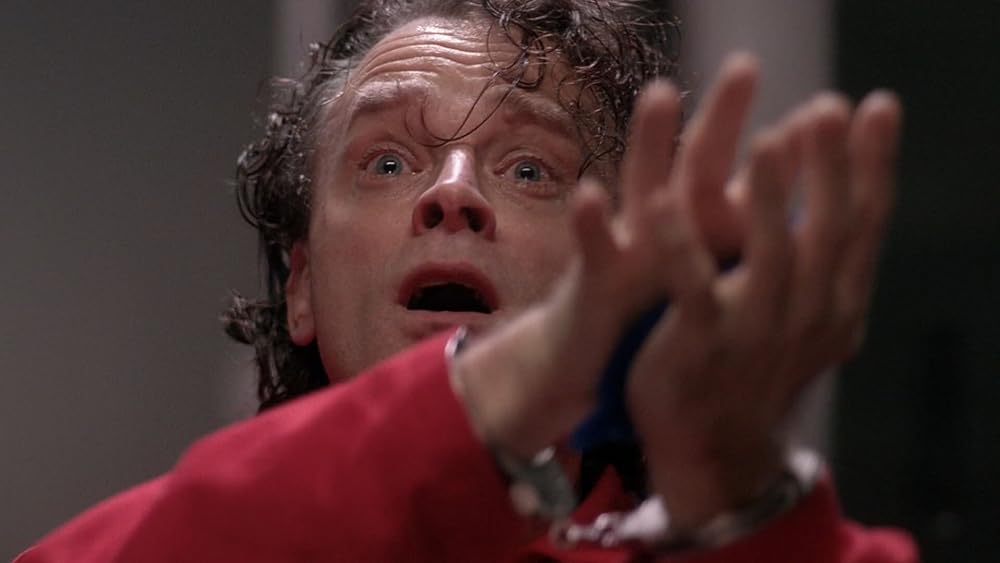
Brad Dourif has been doing movies for nearly 50 years. Now it seems he is walking away from the industry at 74 to enjoy his golden years. Except, there is a caveat.
Recently, digital entertainment publication JoBlo’s Tyler Nichols talked to some of the Chucky television series cast members. During the interview, Dourif made an announcement.
“Dourif said that he’s retired from acting,” says Nichols. “The only reason he came back for the show was because of his daughter Fiona and he considers Chucky creator Don Mancini to be family. But for non-Chucky stuff, he considers himself retired.”
Dourif has voiced the possessed doll since 1988 (minus the 2019 reboot). The original movie “Child’s Play” has become such a cult classic it’s at the top of some people’s best chillers of all time. Chucky himself is ingrained in pop culture history much like Frankenstein or Jason Voorhees.
While Dourif may be known for his famous voiceover, he is also an Oscar-nominated actor for his part in One Flew Over the Cuckoo’s Nest. Another famous horror role is The Gemini Killer in William Peter Blatty’s Exorcist III. And who can forget Betazoid Lon Suder in Star Trek: Voyager?
The good news is that Don Mancini is already pitching a concept for season four of Chucky which might also include a feature-length movie with a series tie-in. So, Although Dourif says he is retiring from the industry, ironically he is Chucky’s friend till the end.
Listen to the 'Eye On Horror Podcast'
Editorial
7 Great ‘Scream’ Fan Films & Shorts Worth a Watch
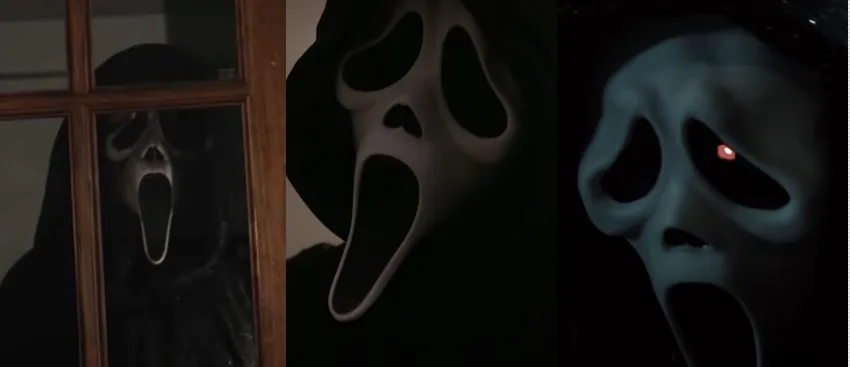
The Scream franchise is such an iconic series, that many budding filmmakers take inspiration from it and make their own sequels or, at least, build upon the original universe created by screenwriter Kevin Williamson. YouTube is the perfect medium to showcase these talents (and budgets) with fan-made homages with their own personal twists.
The great thing about Ghostface is that he can appear anywhere, in any town, he just needs the signature mask, knife, and unhinged motive. Thanks to Fair Use laws it’s possible to expand upon Wes Craven’s creation by simply getting a group of young adults together and killing them off one by one. Oh, and don’t forget the twist. You’ll notice that Roger Jackson’s famous Ghostface voice is uncanny valley, but you get the gist.
We have gathered five fan films/shorts related to Scream that we thought were pretty good. Although they can’t possibly match the beats of a $33 million blockbuster, they get by on what they have. But who needs money? If you’re talented and motivated anything is possible as proven by these filmmakers who are well on their way to the big leagues.
Take a look at the below films and let us know what you think. And while you’re at it, leave these young filmmakers a thumbs up, or leave them a comment to encourage them to create more films. Besides, where else are you going to see Ghostface vs. a Katana all set to a hip-hop soundtrack?
Scream Live (2023)
Ghostface (2021)
Ghost Face (2023)
Don’t Scream (2022)
Scream: A Fan Film (2023)
The Scream (2023)
A Scream Fan Film (2023)
Listen to the 'Eye On Horror Podcast'
Movies
Another Creepy Spider Movie Hits Shudder This Month
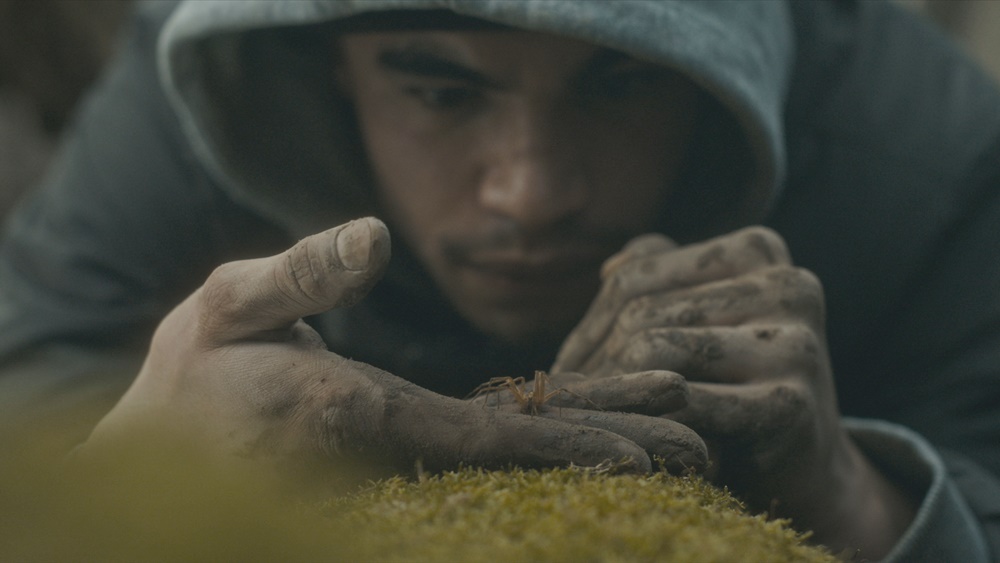
Good spider films are a theme this year. First, we had Sting and then there was Infested. The former is still in theaters and the latter is coming to Shudder starting April 26.
Infested has been getting some good reviews. People are saying that it’s not only a great creature feature but also a social commentary on racism in France.
According to IMDb: Writer/director Sébastien Vanicek was looking for ideas around the discrimination faced by black and Arab-looking people in France, and that led him to spiders, which are rarely welcome in homes; whenever they’re spotted, they’re swatted. As everyone in the story (people and spiders) is treated like vermin by society, the title came to him naturally.
Shudder has become the gold standard for streaming horror content. Since 2016, the service has been offering fans an expansive library of genre movies. in 2017, they began to stream exclusive content.
Since then Shudder has become a powerhouse in the film festival circuit, buying distribution rights to movies, or just producing some of their own. Just like Netflix, they give a film a short theatrical run before adding it to their library exclusively for subscribers.
Late Night With the Devil is a great example. It was released theatrically on March 22 and will begin streaming on the platform starting April 19.
While not getting the same buzz as Late Night, Infested is a festival favorite and many have said if you suffer from arachnophobia, you might want to take heed before watching it.
According to the synopsis, our main character, Kalib is turning 30 and dealing with some family issues. “He’s fighting with his sister over an inheritance and has cut ties with his best friend. Fascinated by exotic animals, he finds a venomous spider in a shop and brings it back to his apartment. It only takes a moment for the spider to escape and reproduce, turning the whole building into a dreadful web trap. The only option for Kaleb and his friends is to find a way out and survive.”
The film will be available to watch on Shudder starting April 26.
Listen to the 'Eye On Horror Podcast'
-
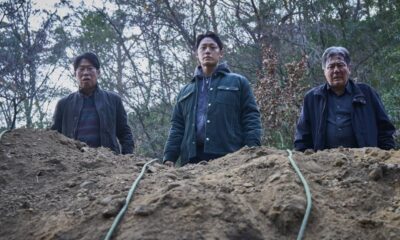
 News3 days ago
News3 days agoThis Horror Film Just Derailed a Record Held by ‘Train to Busan’
-

 Movies3 days ago
Movies3 days agoWatch ‘Immaculate’ At Home Right Now
-

 News4 days ago
News4 days agoRead Reviews For ‘Abigail’ The Latest From Radio Silence
-
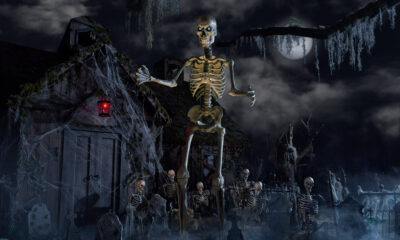
 News2 days ago
News2 days agoHome Depot’s 12-Foot Skeleton Returns with a New Friend, Plus New Life-Size Prop from Spirit Halloween
-

 News4 days ago
News4 days agoMelissa Barrera Says Her ‘Scream’ Contract Never Included a Third Movie
-
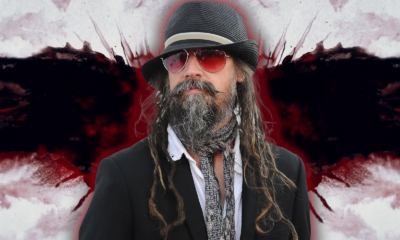
 Editorial5 days ago
Editorial5 days agoRob Zombie’s Directorial Debut Was Almost ‘The Crow 3’
-

 News1 day ago
News1 day agoWoman Brings Corpse Into Bank To Sign Loan Papers
-

 News4 days ago
News4 days agoA24 Joins Blockbuster Movie Club With Their Biggest Opening Ever


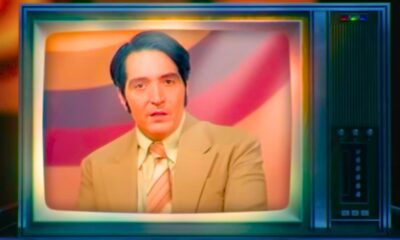

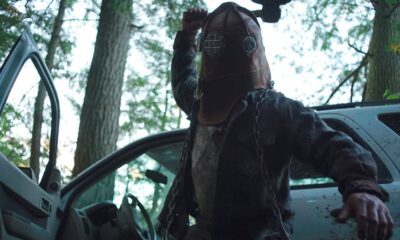


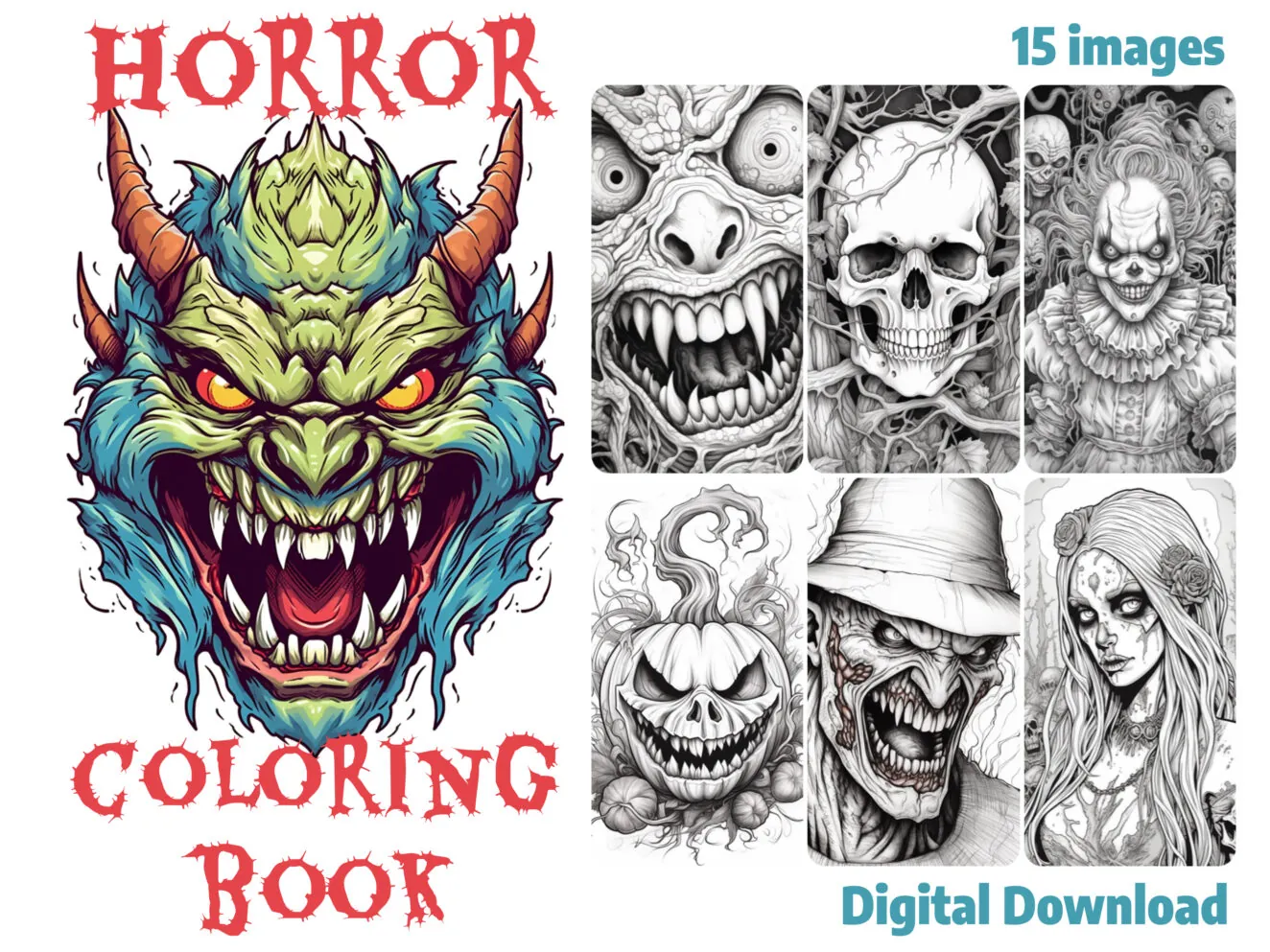
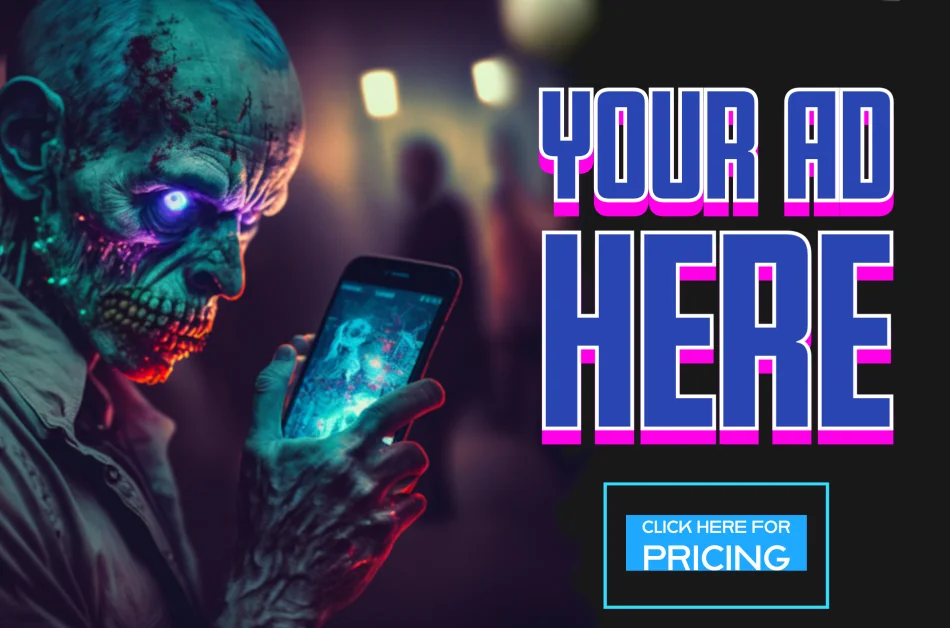


















You must be logged in to post a comment Login